This poignant quote stands particularly true for Arabic nations. Arabic people have a deep and unfailing connection to their language. With the language often forming part of their identity, learning Arabic can be seen as a sign of respect and friendliness. You’ll meet a variety of new and interesting people along your travels who may, be sure not to miss out on getting to know them by learning their language. What’s more, is that there are at least 11 words for 'love' in the Arabic language. Only an incredibly welcoming, social, and compassionate people could think of so many words to express a cherished connection – Arabic is certainly worth the time.
|
Arabic is a language that is often overlooked by language learners and travelers alike. It’s difficult to see why once you learn a thing or two about this historic and beautiful language. With 300 million speakers worldwide and spanning across 22 countries as their official language – Arabic is a key player on the global stage. This fact is not lost on the UN who have fittingly made it one of their 6 official languages. The importance of Arabic will be even harder to ignore in the future with growing economies across North African and the Arabian Peninsula. Recent research has even singled out Egypt as one of the fastest-growing tourist destinations in the world. It’s clear that any reasons for learning Arabic are becoming more convincing by the day. Makes travel significantly easier. Arabic comes in many shapes and sizes. Modern Standard Arabic is the general starting point for any learners and serves them well on their travels. However, if you’re looking for a more in-depth experience also focusing on the specific dialect of the area you’re traveling to is a worthwhile endeavor. Either way, even learning the very basics of Arabic will help you on your travels. From asking for directions to the common courtesy of a simple ‘thank you’ or ‘excuse me’ – learning the local language will gain you favor with the locals while providing you with safety and understanding. Don’t make the mistake of thinking there’ll always be someone who speaks English, there won’t be. Experience the full beauty. From my experience of Arabic-speaking countries from Morocco to Egypt, I couldn’t help noticing that my basic Arabic opened up new experiences to me. Experiences from being gifted a delightful cup of tea (a traditional sign of welcome) from a Tunisian woman who was very kindly impressed by my beginner phrases, to being ushered into houses only to be treated to delicious spreads of traditional and local food. Displaying enough interest in the people and culture to learn their language shows them that you’d like to know even more. And from my experience, Arabian people are always happy to share more culture. Create Connections. “If you talk to a man in a language he understands, that goes to his head. If you talk to him in his language, that goes to his heart” – Nelson Mandela. This poignant quote stands particularly true for Arabic nations. Arabic people have a deep and unfailing connection to their language. With the language often forming part of their identity, learning Arabic can be seen as a sign of respect and friendliness. You’ll meet a variety of new and interesting people along your travels who may, be sure not to miss out on getting to know them by learning their language. What’s more, is that there are at least 11 words for 'love' in the Arabic language. Only an incredibly welcoming, social, and compassionate people could think of so many words to express a cherished connection – Arabic is certainly worth the time. Understand culture & history. The Arabic language is rich in idioms and sayings that are the product of millennia of history and growth. Every language is interwoven with the history of the people who speak it and their countries. To fully understand the Arabic people, it is necessary to speak their language. This is particularly true while traveling where you’ll come across historical monuments, sculptures, art, and architecture. How to get started? After learning all of that, why wouldn’t you want to learn Arabic? VLLC has an online course so that we can learn on the go or in whatever environment we wish. By starting an online Arabic language course, you give yourself many advantages that a solo learner will not have. These advantages include being able to converse with a native speaker and ask questions as you learn. So, why not get started today and open up a whole new world for yourself?
2 Comments
Ask anyone who has travelled to the Middle East to describe the region and they will struggle to create a picture that comes anywhere close to their experience. Spices dominate the Middle East, their fragrance, colours and in food, their taste. One cannot really define the Middle East unless one is familiar with the spices of the region and this is also true with food. Middle Eastern food can be sophisticated, and with a barrage of exotic tastes hitting the tongue, or simple, with something special about them. Food in the Middle East is something every tourist has to try and here are a few dishes and items worth looking out for. Iraqi Masgouf. Let’s start with something unusual, Carp. This freshwater fish is something most people would very easily turn their noses up to, and quite rightly so, carp is not the most appealing of foods. However, when carp has been slow-cooked for three or four hours leaving none of the fishy fat carp is known for, and then served with lemon, pickles and maybe a salad carp takes on a whole new meaning.  Baklava. Okay, let’s go to another extreme far away from carp. Baklava is a Middle Eastern sweet dish that is known and loved worldwide. Chopped nuts, lashings of sweet syrup and honey with filo pastry mad with plenty of butter make a dish that is so amazing that it is little wonder it is one of the most popular in the world but it is best eaten in the Middle East.
Mansaf. This has been described by many as the Middle Eastern Pizza, but is quite a bit different from the average piece of pie found on a New York street. This Jordanian and Palestinian dish is a culinary delight made from lamb or mutton, sprinkled with pine nuts and almonds, that float in a layer of rich creamy yoghurt. Mansaf can be served on a plate, but for a real experience it is eaten at a celebration, and the table becomes the plate. It is a simple dish but the slow cooked tender mutton is something fit for a king. Moutabal. The Middle East is famous for Hummus but there is a dip that surpasses Hummus hands down. Moutabal is a spiced up dip made from Eggplant, a little tahini and yoghurt. It is smokier and more flavoursome than Hummus and will become your new favourite dip very quickly. The Middle East is well known for its different foods and many tourists never get to try them simply because they don’t know what something is and don’t know how to ask for it. Speaking Arabic can open up the culinary delights of the Middle East allowing you to explore new tastes with ease. Even a few words help, but a full control of the language gets you more experiences than you could ever dream of.
|
AboutTravelling is an exciting opportunity which can be enhanced by learning the language before you go. This blog contains some interesting articles about language and travel. Archives
April 2024
Categories |

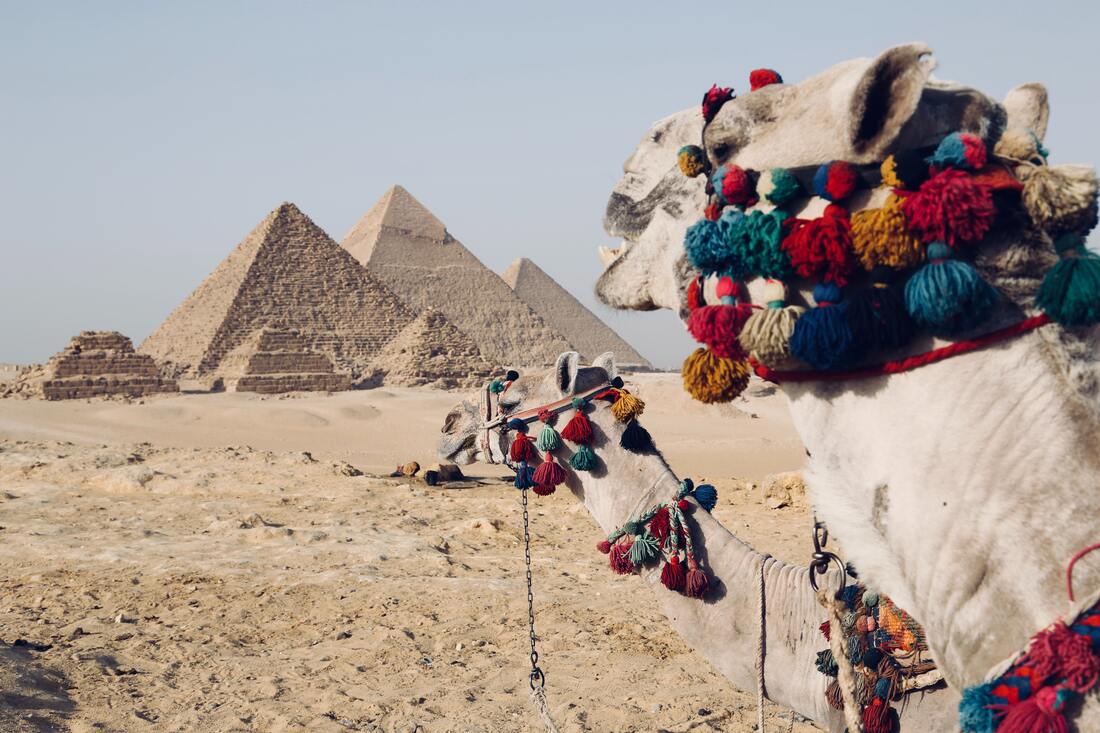
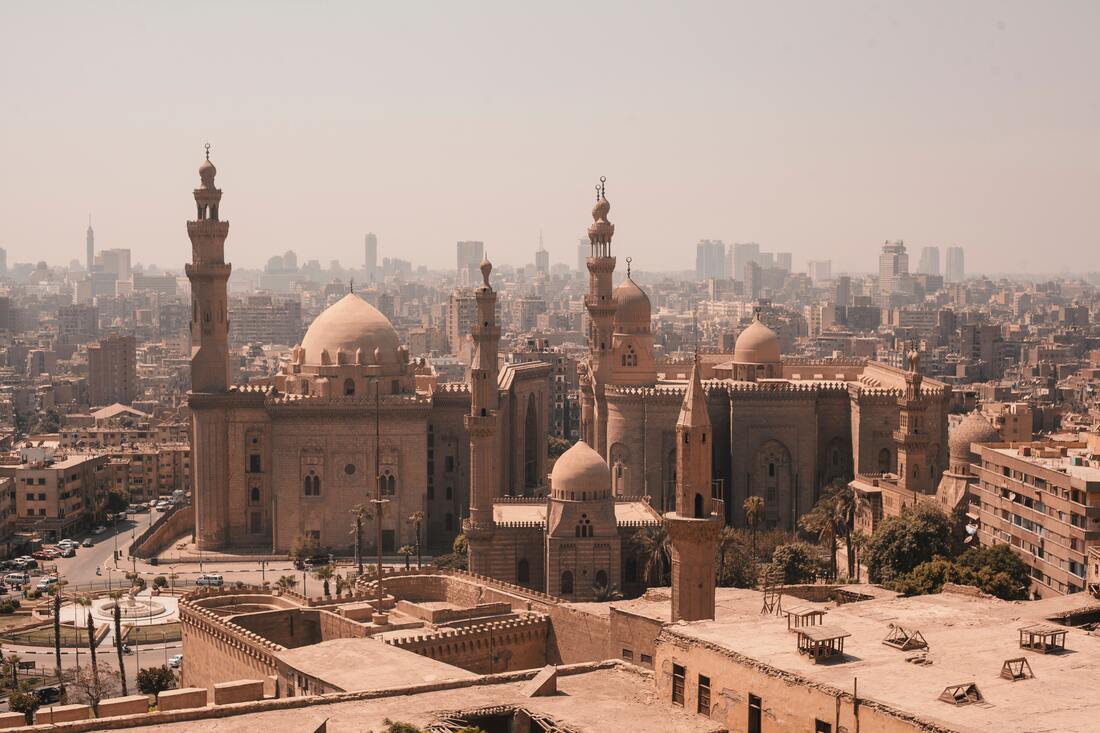
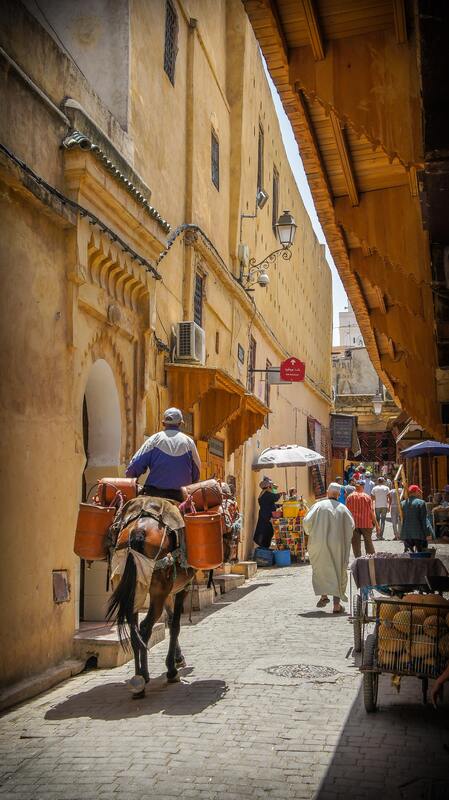
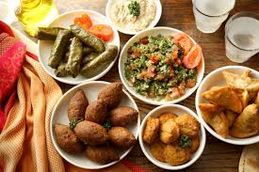
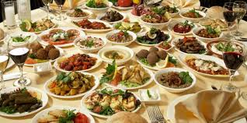
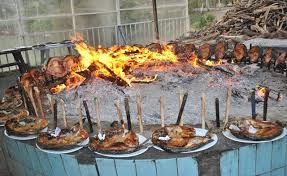
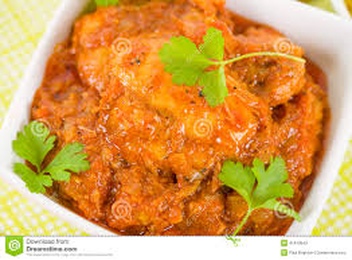
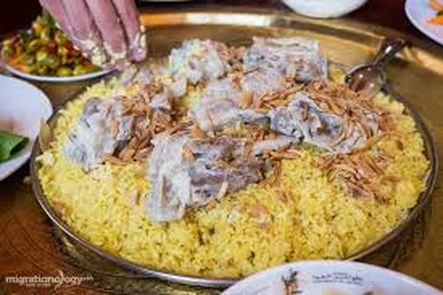
 RSS Feed
RSS Feed

